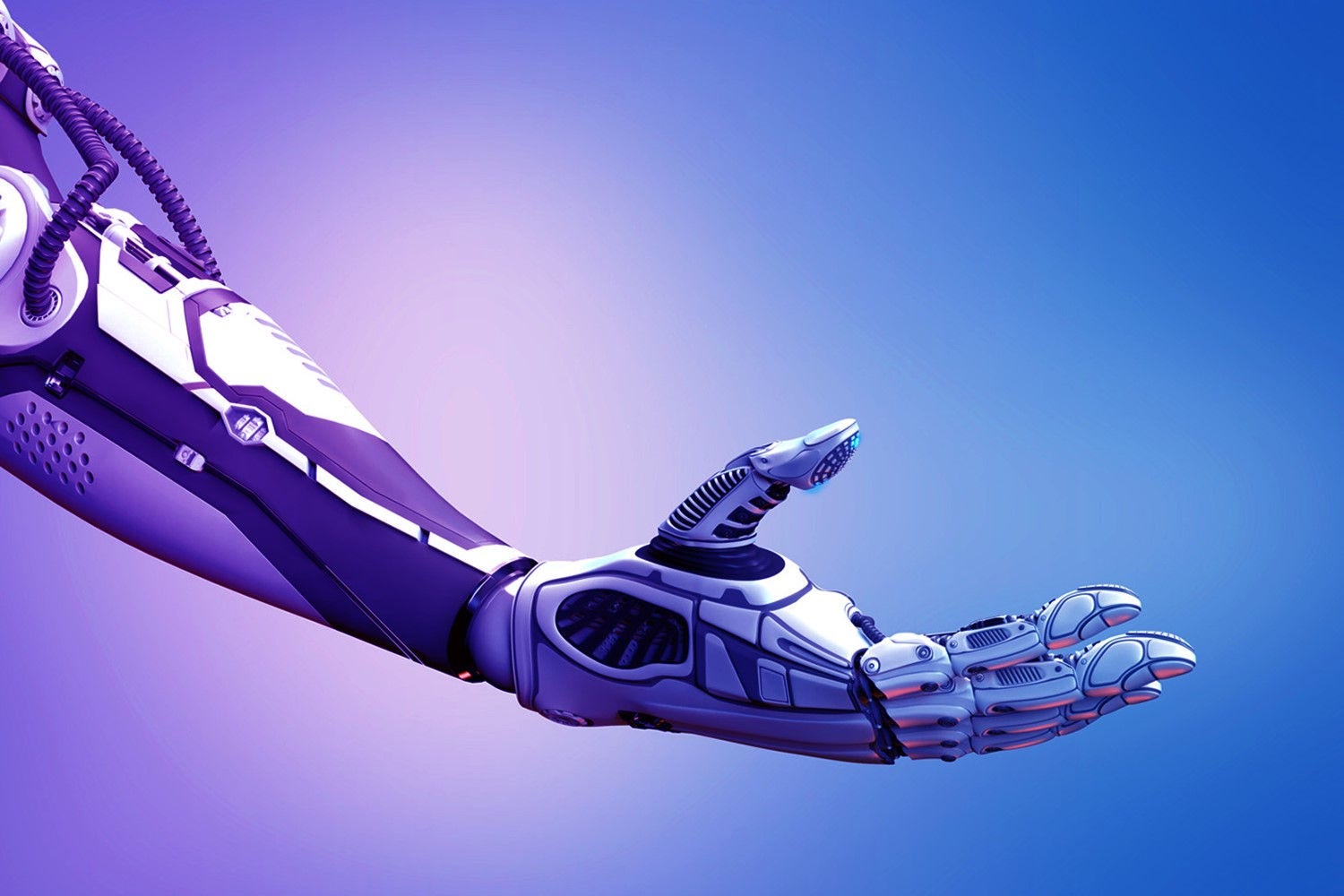Over the past few years, supply chains have had to become resilient. Moving from resilience to agility is imperative. The hard work for supply chain leaders is far from over; with six new areas that should be getting significant attention.

Future of Supply Chain
The short-term perspective
In the next one-to-two years, supply chain leaders will need to adopt and invest in advanced robotics and automation, focus on the evolution of the workforce, and create a sustainable supply chain

The supply chain is increasingly automated, with robots stacking, picking, and sorting, and algorithms planning pickups among countless other tasks. Leaders should be seeking to stay a step ahead of emerging capabilities, whether they be cobots or Generative AI, to be truly competitive.

The “rise of the robots” was supposed to put people out of work. Instead, we are seeing humans and robots collaborate in new and innovative ways for more efficient and effective supply chains. Leaders need to build the ideal blended workforce, maximizing robotics while leveraging unique human skills.

An ESG program was once a “nice to have”. Now, it is a “must have”. Between stakeholder demands and regulatory mandates, organizations trust the supply chain will play a leading role in meeting ESG agendas.
Supply chain visibility is vital. However,
43%
of leaders are unclear about Tier 1 supplier performance.
There is no time to waste when it comes to automation, with
37%
already using it to replace warehouse labor.
As the supply chain workforce changes,
62%
of leaders anticipate the challenge of labor shortages.
The three-to-five-year horizon
In the next three-to-five years, we expect supply chain leaders will be thinking about the use of distributed ledger technologies (DLTs) and digital money (DM) for security and monitoring of cross-border trade flows; how the supply chains of entire sectors will change amid technological innovation; and the potential of the metaverse as a supporting technology.

DLTs and DM
DLTs, such as blockchain, have largely been viewed as an alternative to traditional money; however, they may have a more important future as a guarantor of trust in global supply chains. Leaders should understand how DLTs and DM could provide traceability and more secure global commerce.
Only
55%
of leaders describe their supply chain as stable and well-positioned for the future, so DLTs and DM could be part of the solution.
Sectoral transformations
Changes faced by different sectors are likely to directly influence their supply chains and leaders will need to adapt. In healthcare and life sciences, precision medicine will require complex last-mile operations, while retailers need to create a seamless digital and real-life experience. In aerospace and defense, geopolitical issues are driving greater supply chain scrutiny.
As the demand for niche services rises,
67%
of leaders anticipate it will be challenging to meet customer expectations for speed.


Metaverse
Whatever its entertainment potential, supply chain leaders are increasingly excited about the metaverse’s prospect as a tool for designing and monitoring the supply chain, pinpointing weaknesses, and streamlining services in real time.
A metaverse moment is coming, with
94%
optimistic that digital twins will add value.
A deeper look
The future of supply chain report explores the current context of the supply chain sector and the issues faced daily by supply chain leaders. These challenges range from the need to build resilience, to meeting ever-growing multi-national regulations, bringing ESG concerns into supply chain operations, and preparing for an unknown future. We then deep dive into the six key areas outlined above and explore how leaders can make the most of these opportunities.
The report draws on the KPMG Future of Supply Chain Survey, where 300 supply chain executives globally were asked about future trends, and their priorities in the short and long term.
Our transformation insights
Something went wrong
Oops!! Something went wrong, please try again

Get in touch
Discover why organisations across the UK trust KPMG to make the difference and how we can help you to do the same.
